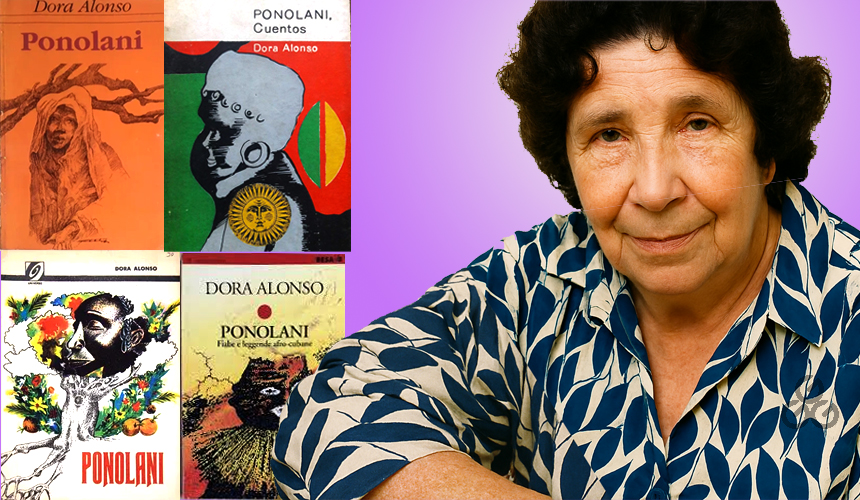Books Everyone Should Read: Ponolani

Ponolani, written by the renowned Cuban author Dora Alonso, is a moving collection of stories that recounts the life of an African woman brought to Cuba as a slave. This work serves as a literary testament to Afro-Cuban cultural resistance.
Originally published in 1966 by Gente Nueva, the book transcends children’s literature to become a foundational work on the historical memory of slavery, appealing to both young and adult readers.
The central narrative follows Ponolani, a young African woman of noble heart and intelligence, deeply connected to her family and traditions. The story begins in her native village, where she helps her grandmother with household chores and cares devotedly for her siblings.
A brutal turn disrupts her life during a trip to the river when she is captured by slavers who violently beat her, breaking her arm, and force her onto a slave ship.
Dora Alonso crafts this story with poetic yet unflinching prose, blending elements of Afro-Cuban oral tradition with historical realism, not shying away from the harsh realities of slavery. Subsequent stories explore life in Cuba’s slave barracks, cultural resistance strategies such as songs, rituals, and language, and portray Ponolani as a symbol of dignity.
This work is vital for raising awareness about the fight against racism, highlighting the human consequences of the slave trade and the preservation of cultural traditions. It includes glossaries of words of Congolese origin and descriptions of customs.
The text is committed literature; the author humanizes the victims of slavery while avoiding stereotypes. Illustrations in Cuban editions not only complement the text but also reinforce its epic and melancholic tone.
Doralina de la Caridad Alonso y Pérez-Corcho, known simply as Dora Alonso, was born in Matanzas on December 22, 1910. She was a pioneer in addressing social issues in Cuban children’s literature, conducting in-depth research into the country’s African and rural roots, as reflected in works like El cochero azul and El valle de la pájara pinta. Alonso received the National Literature Prize in 1988 for her contributions to Cuban literature and passed away in Havana on March 21, 2001.
Since its original publication in 1966, Ponolani has been reissued in 1982 and 2001 with new forewords. The text is studied in Cuban universities.
Due to its treatment of sensitive topics, it is recommended for readers over the age of 12 and should be read in family or guided educational settings.
Translated by Luis E. Amador Dominguez



